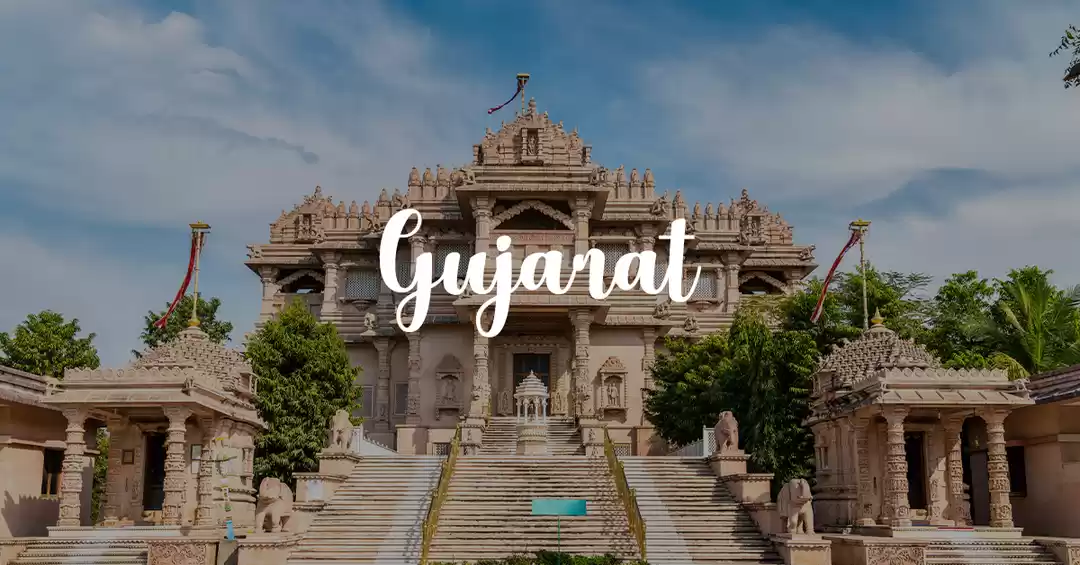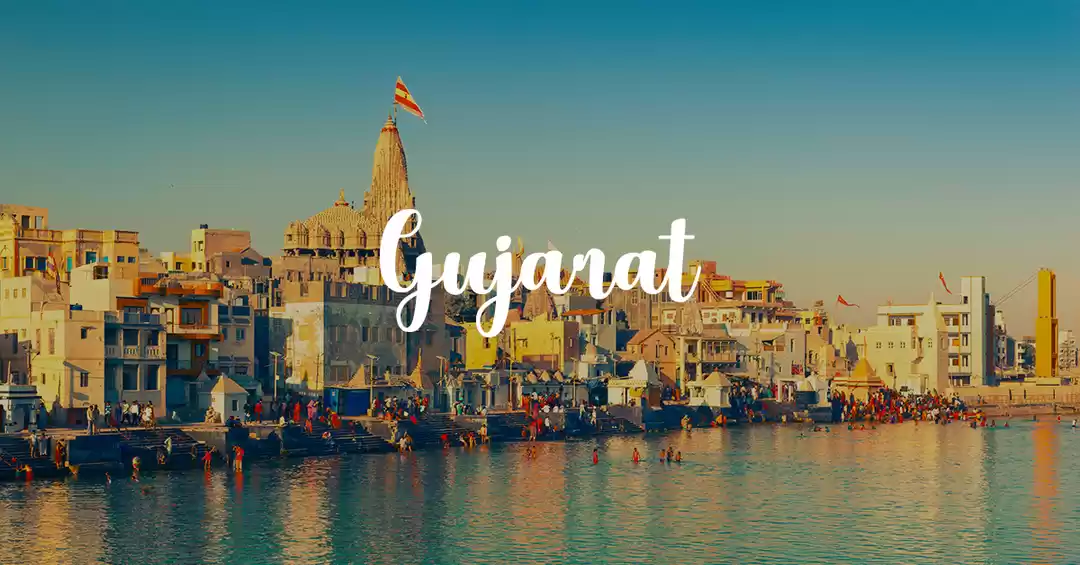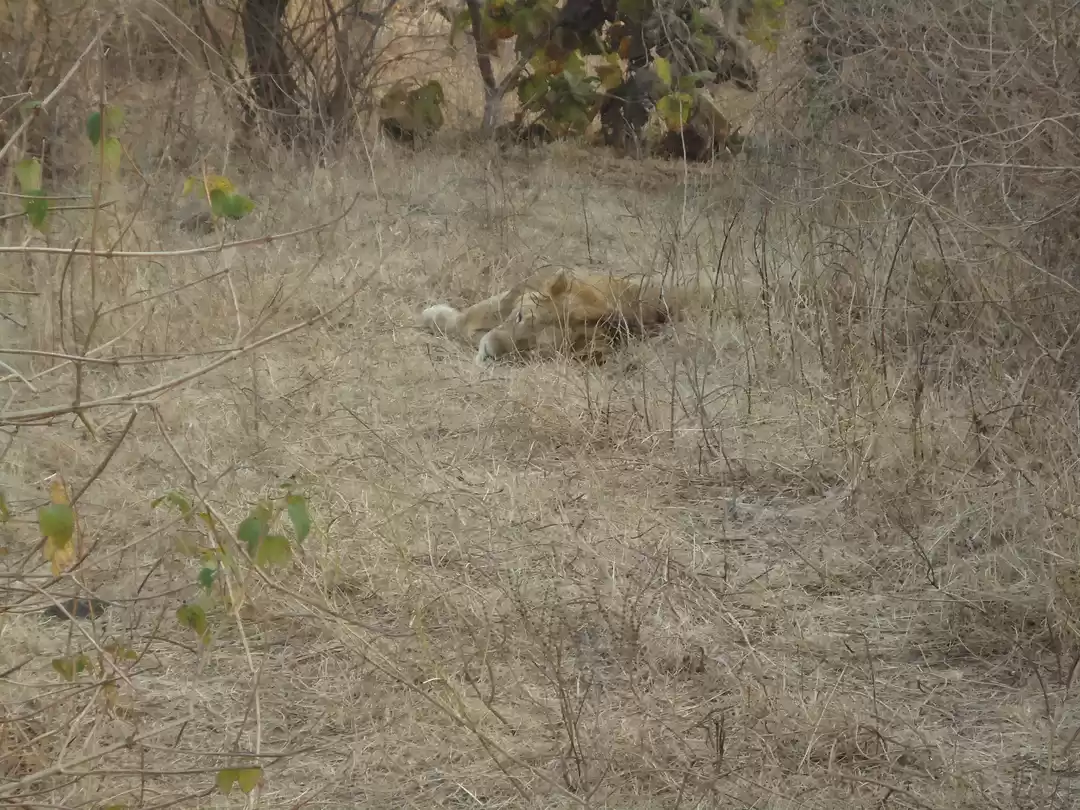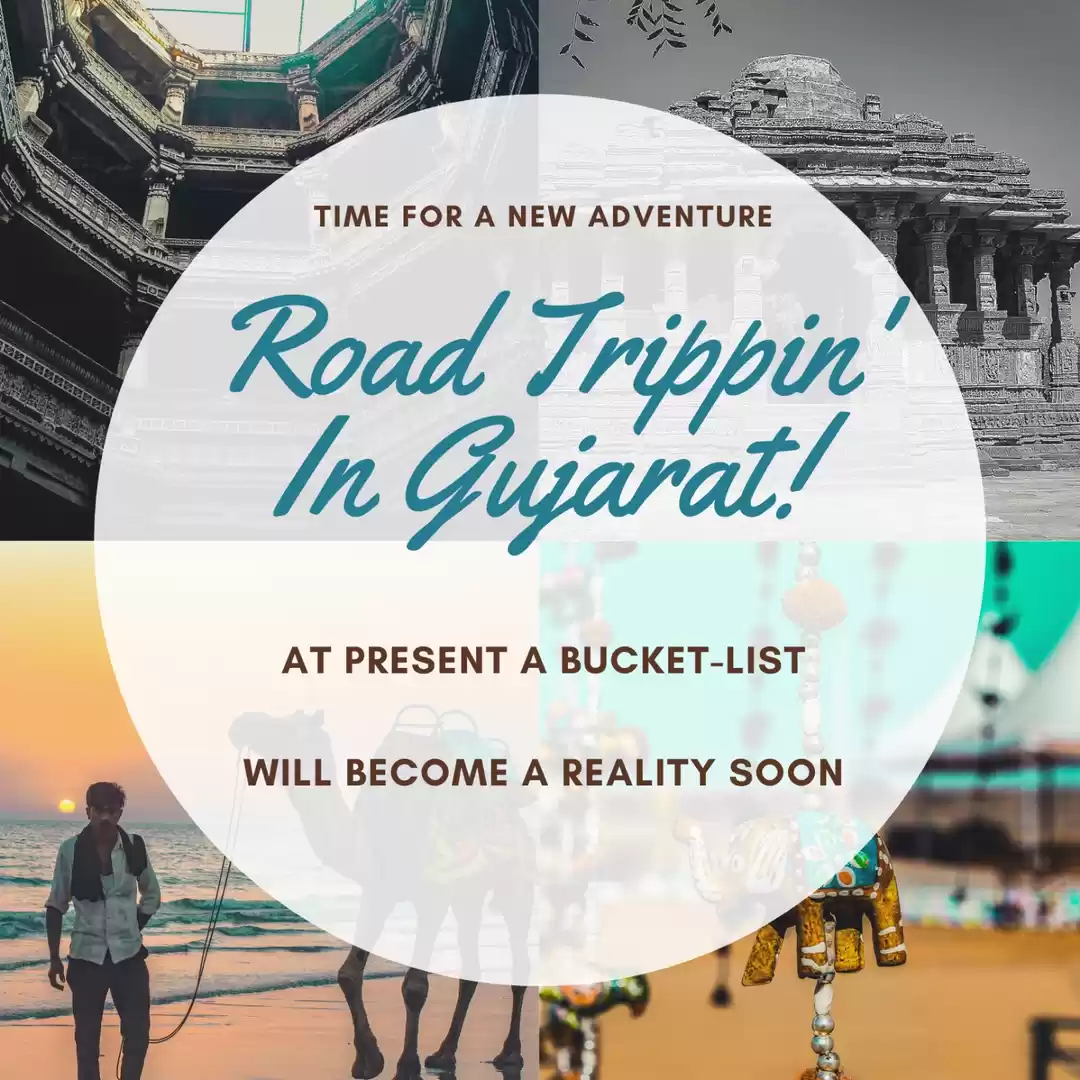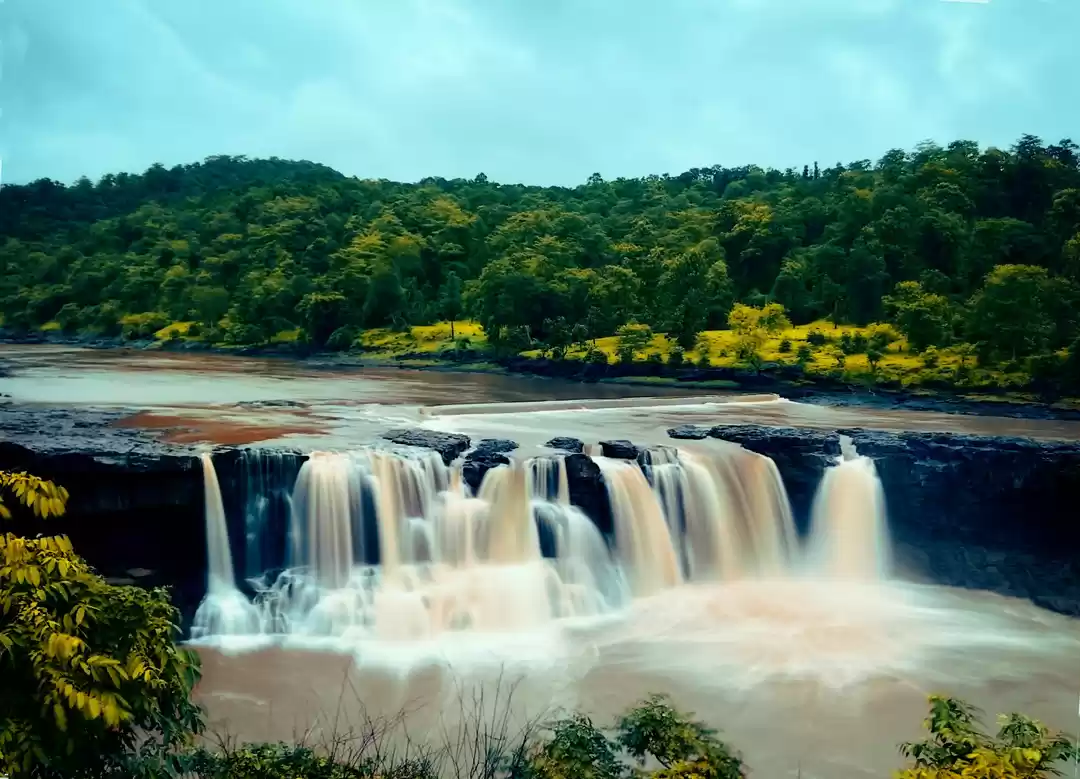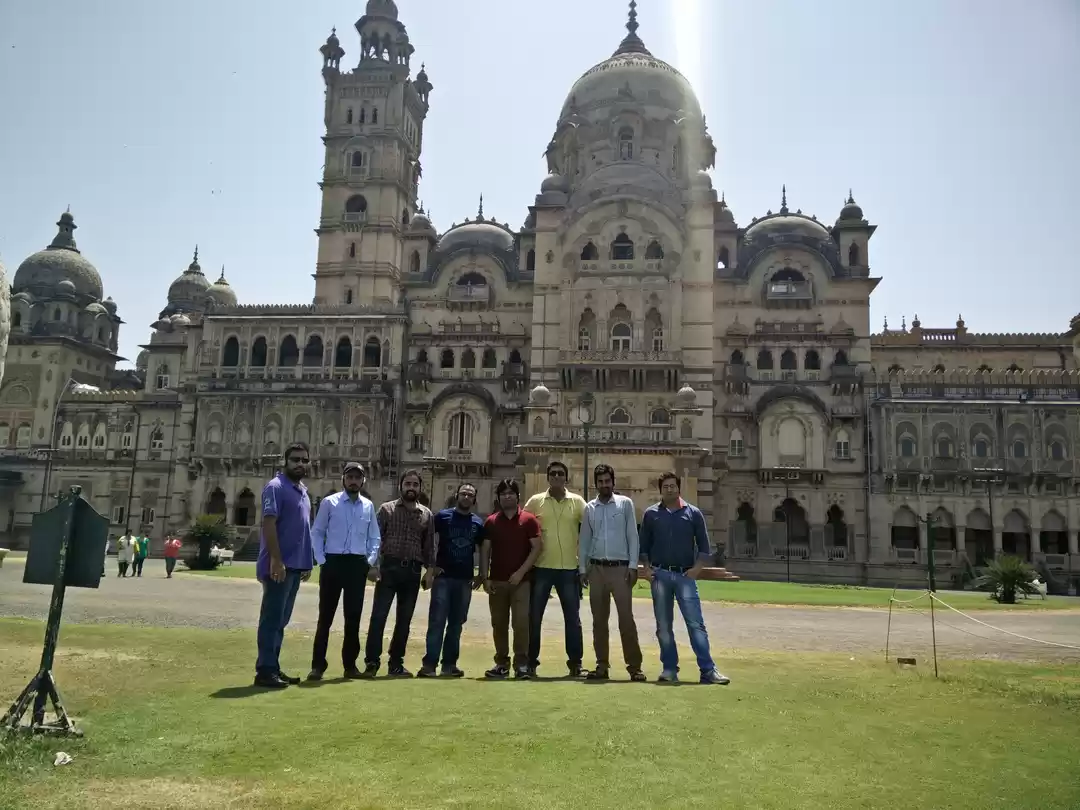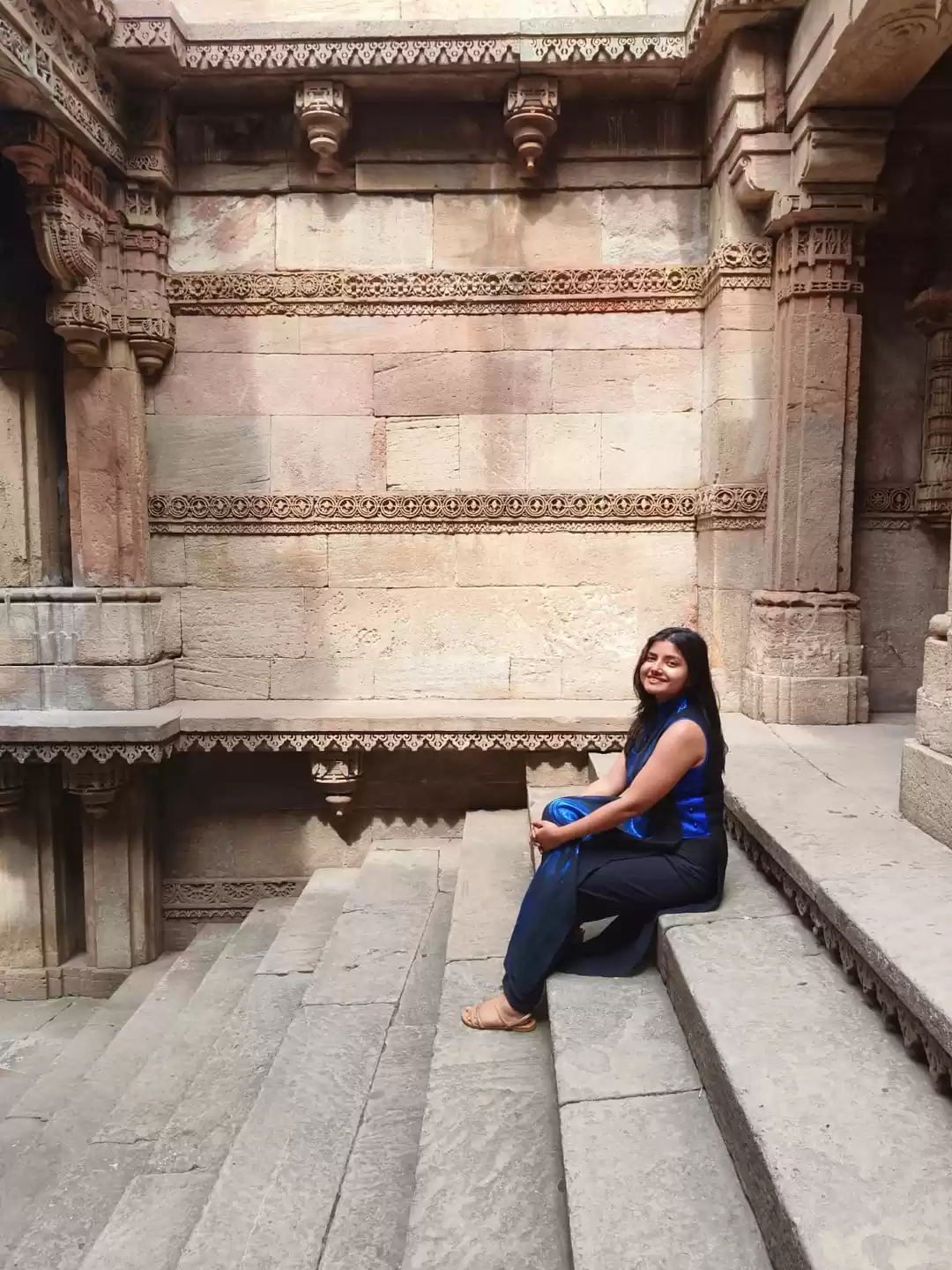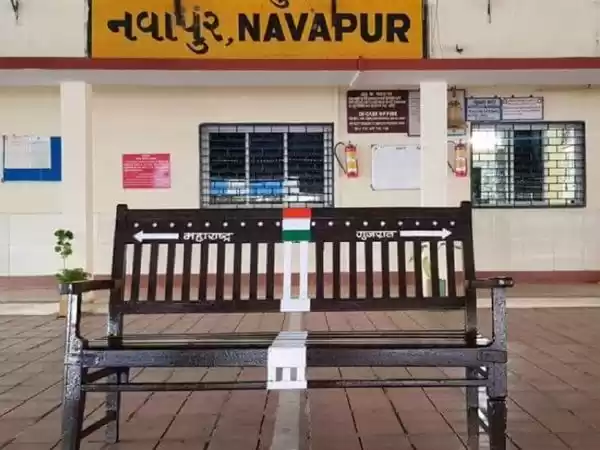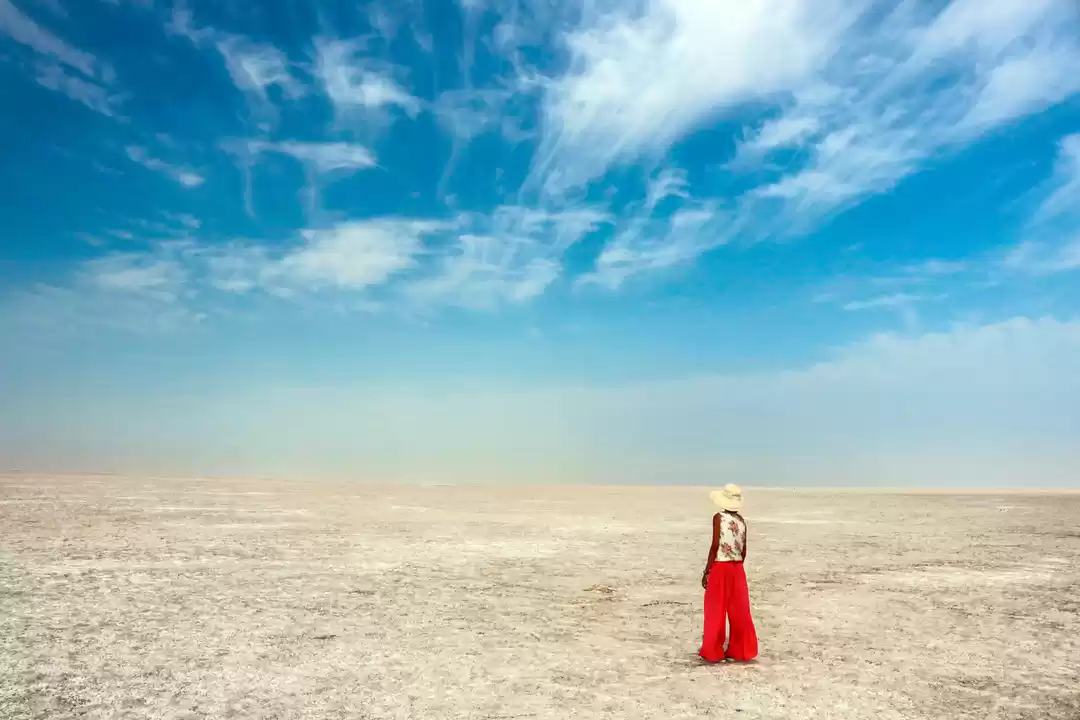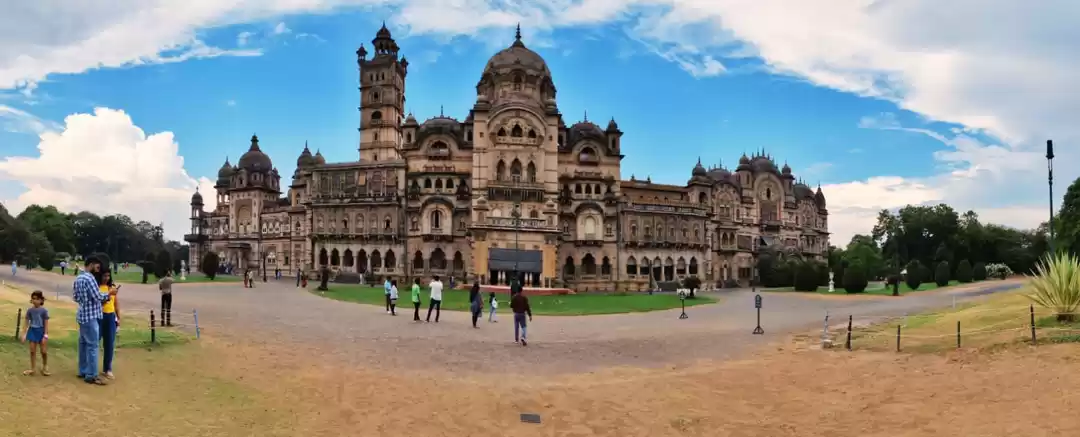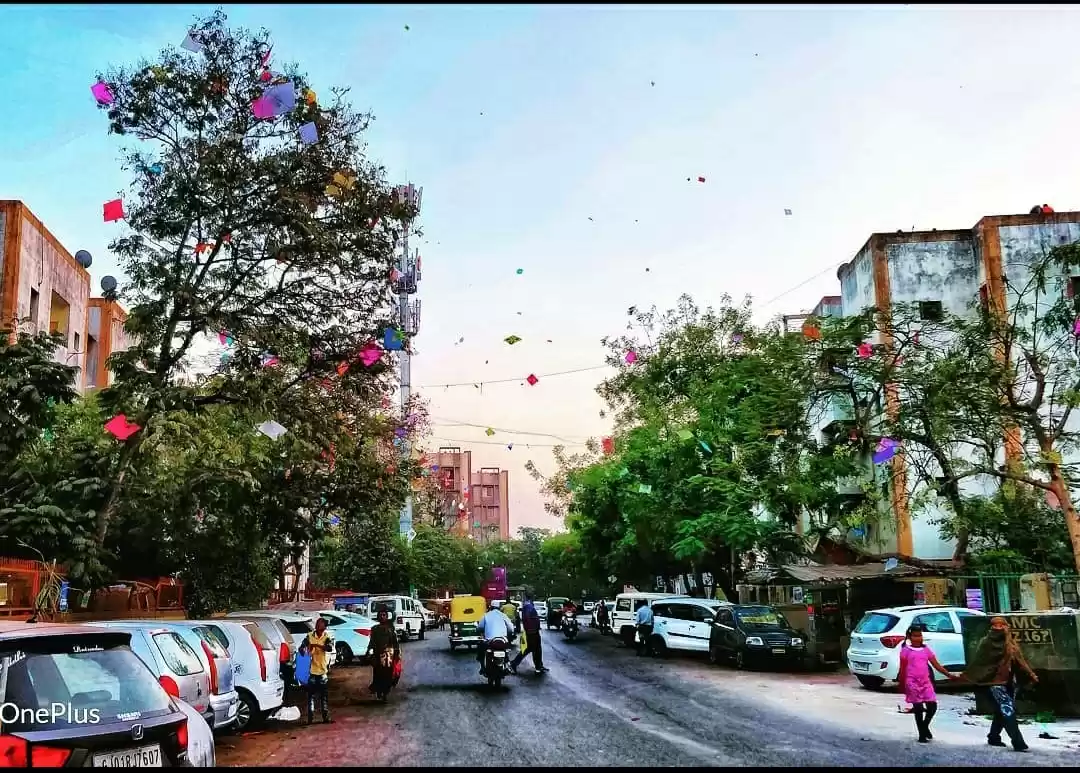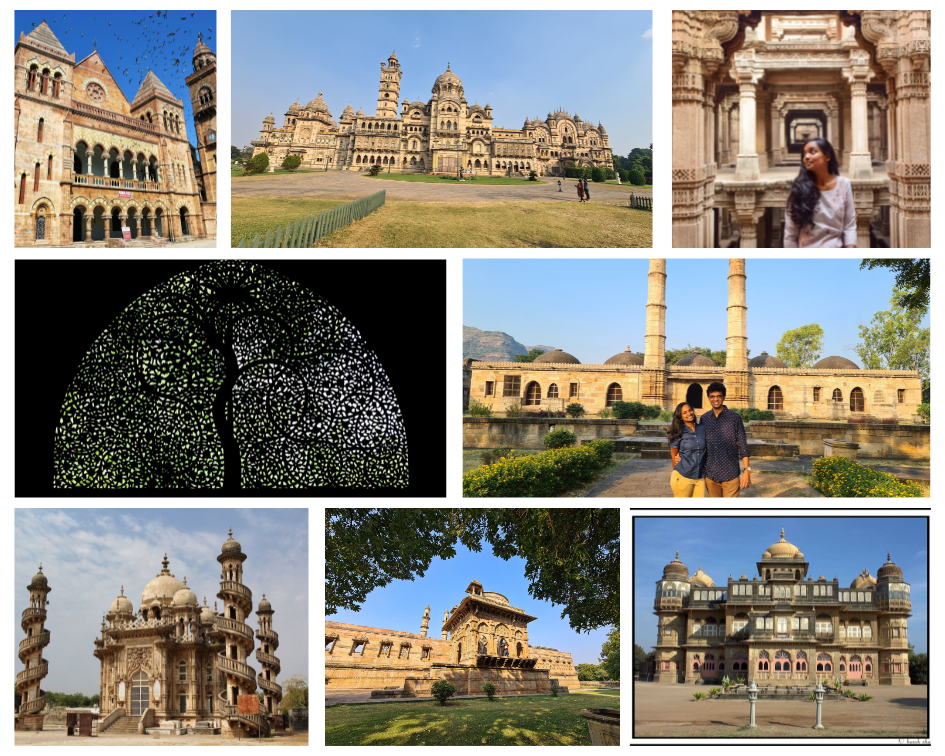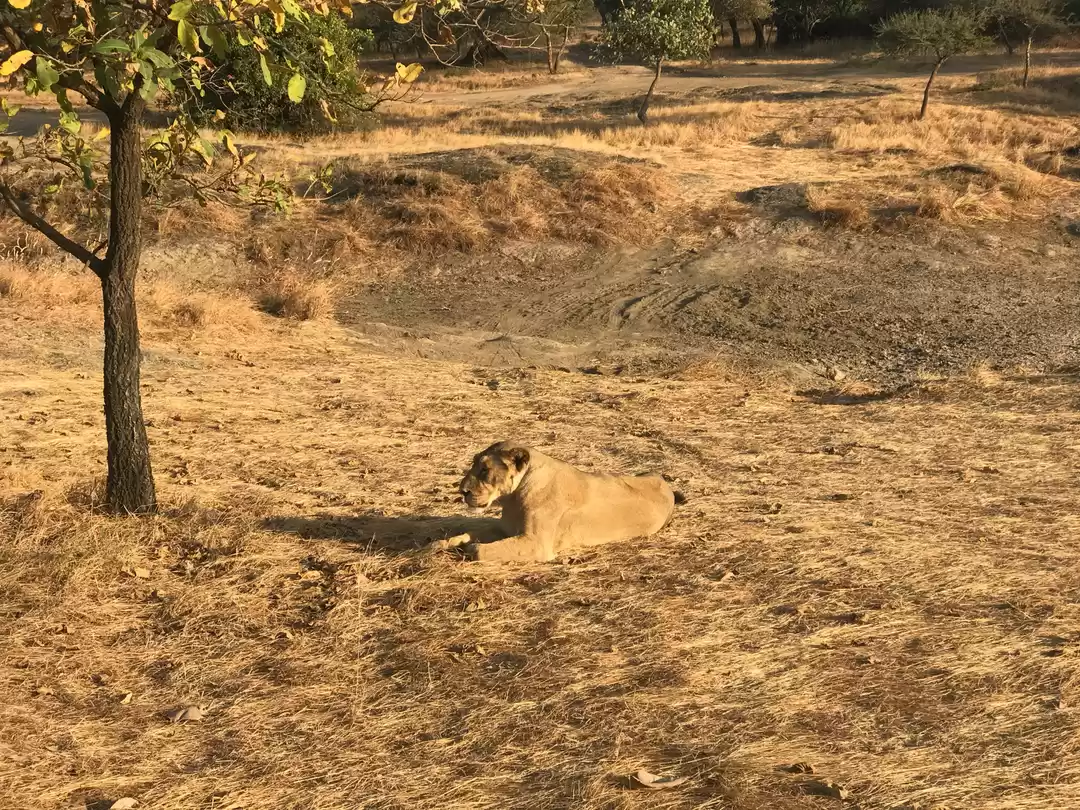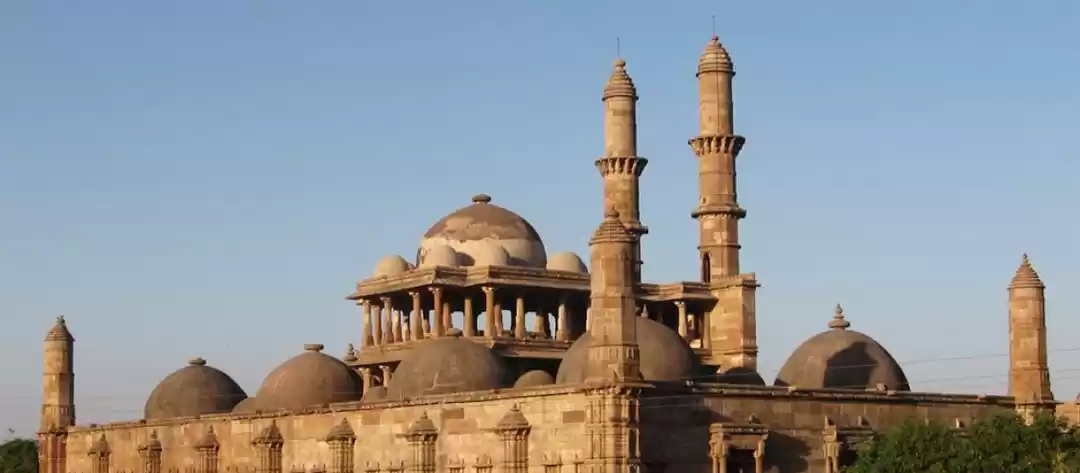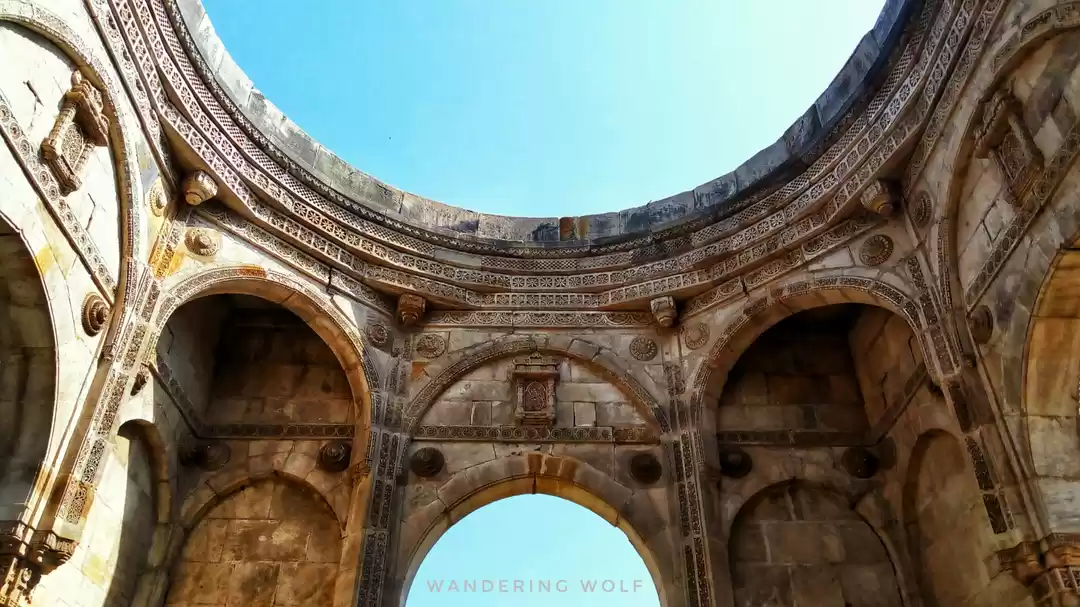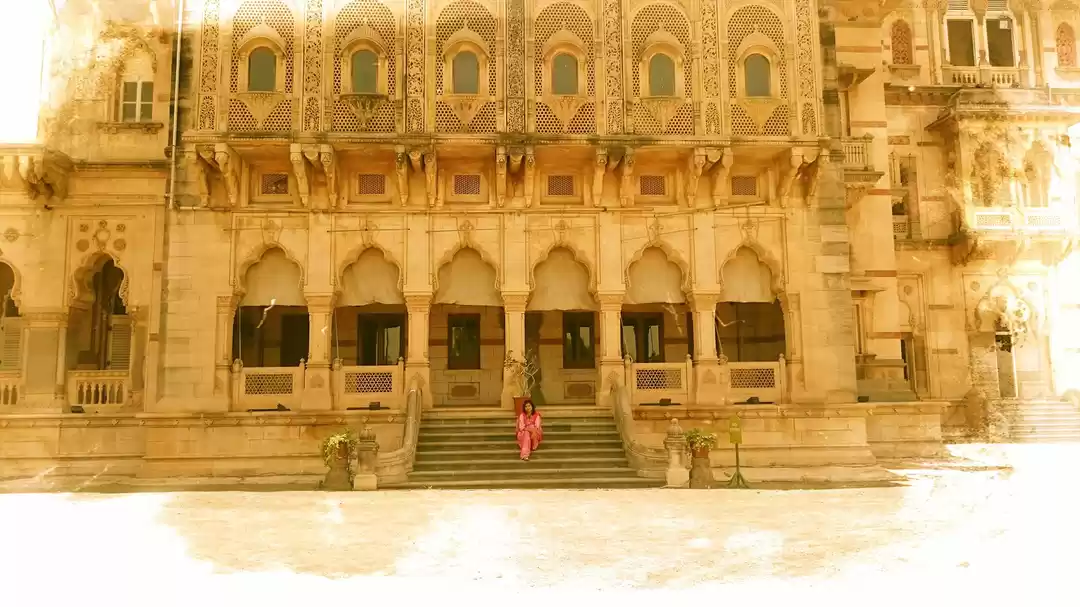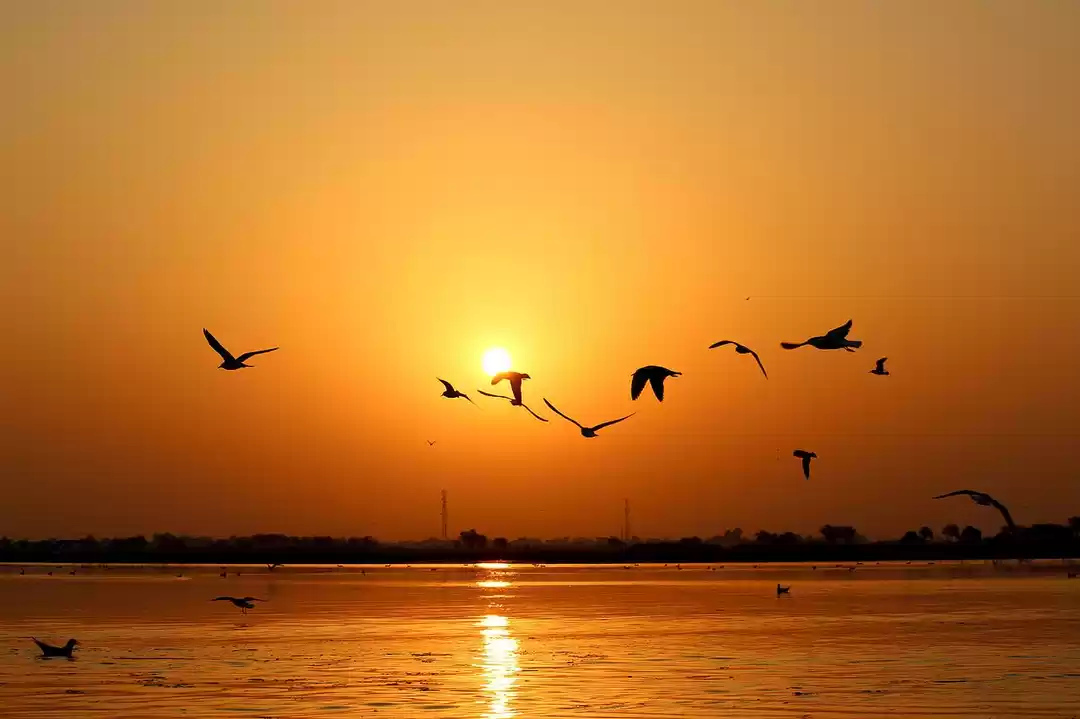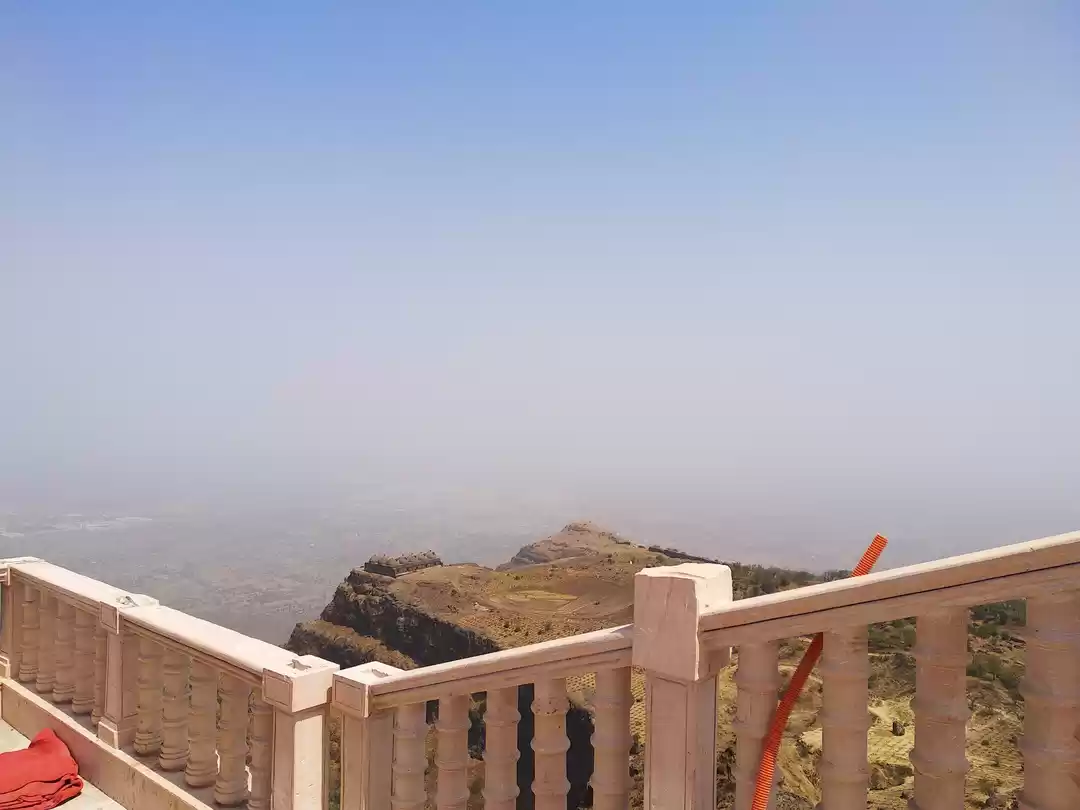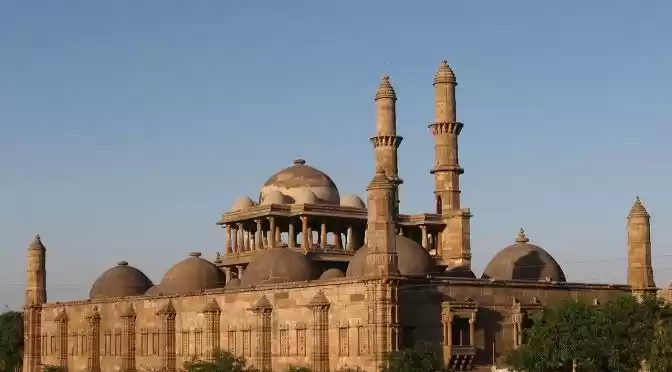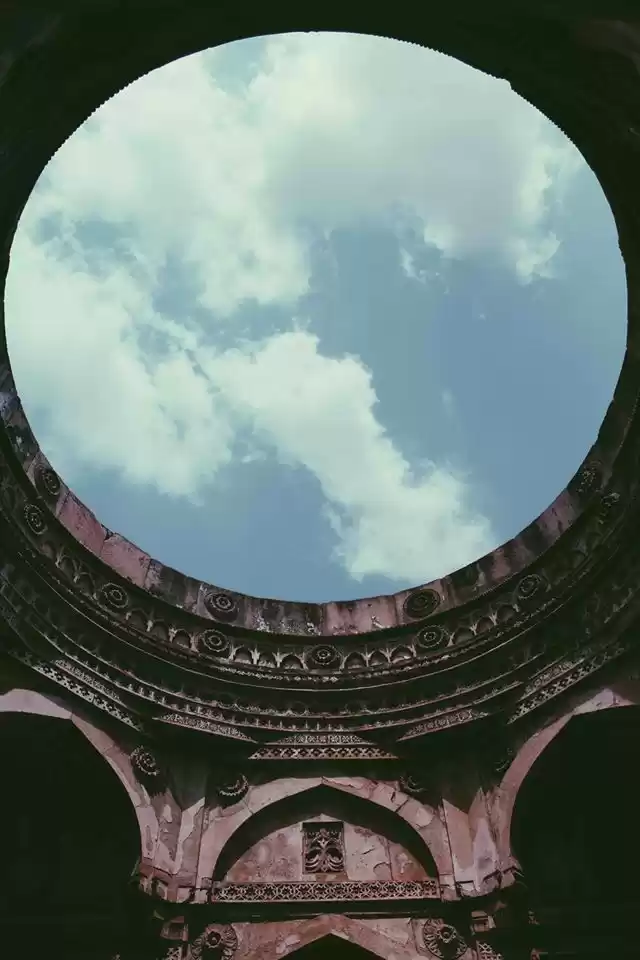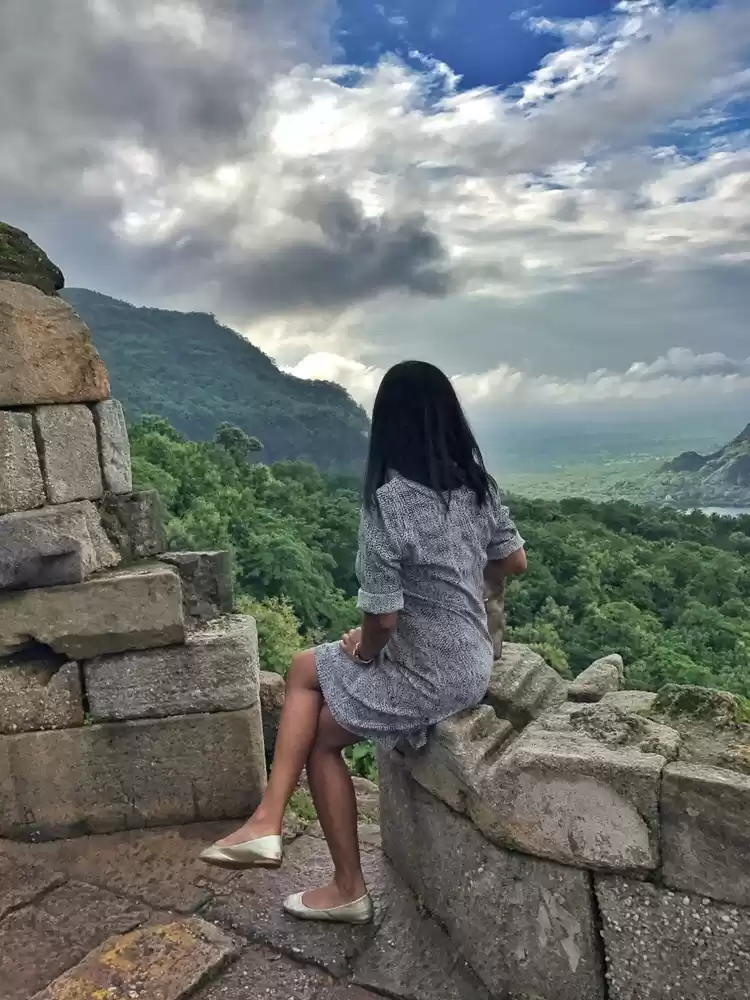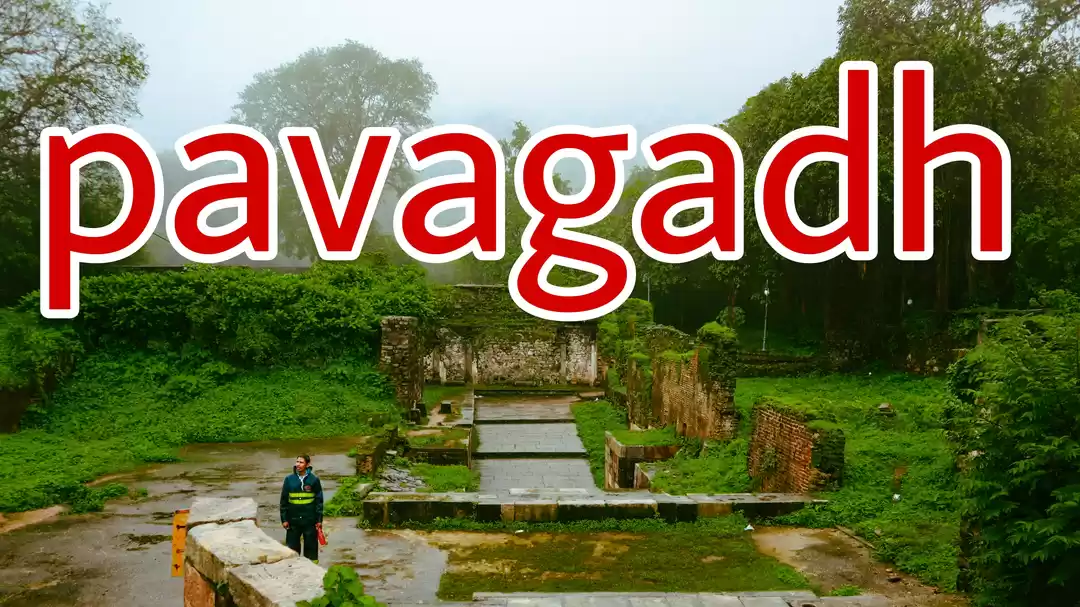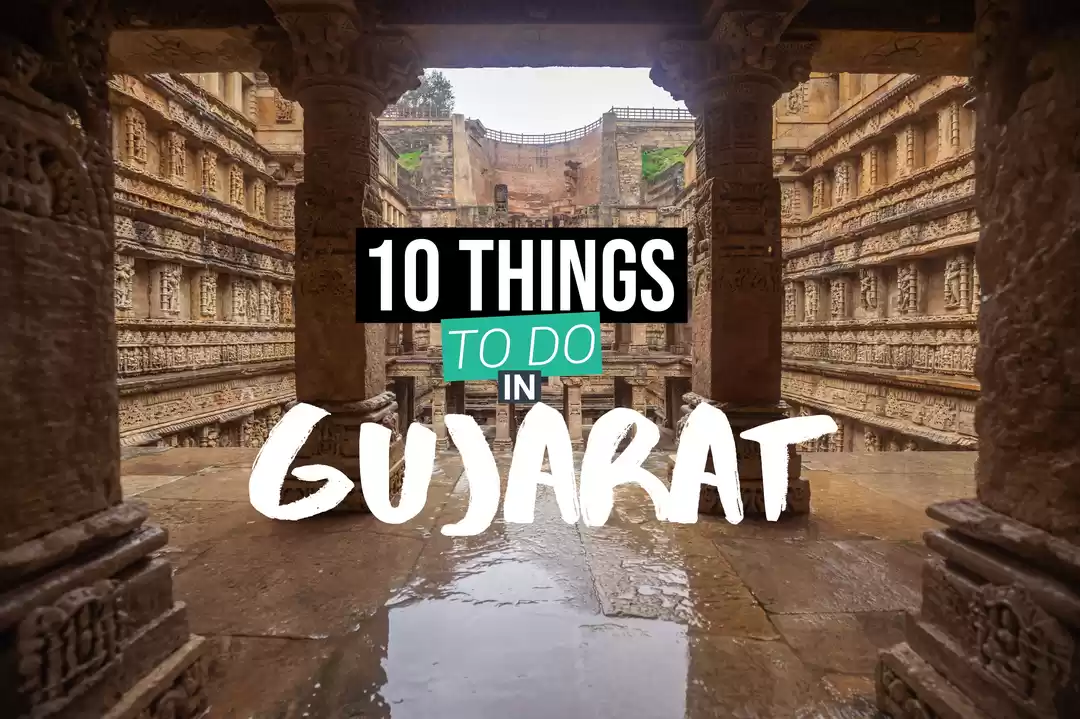
When I was searching for the location for my pre-wedding shoot that was the first time I came across Champaner. The Structures at Champaner are exquisite, but still there is very less information about it and attracts very few tourists. The Archaeological Park is not even able to raise funds for its maintenance hence only few of them are guarded and protected among 114 monuments.
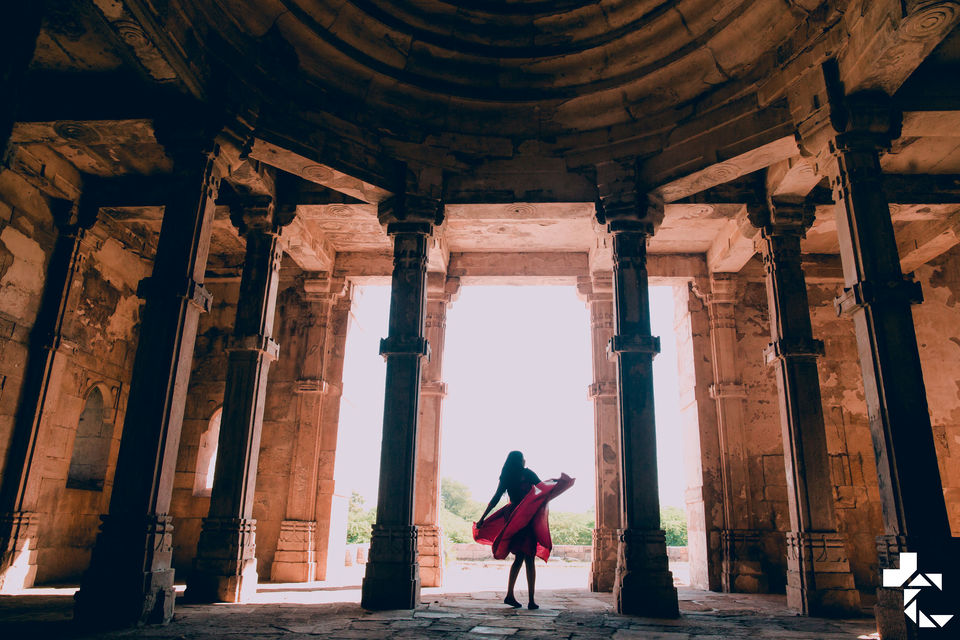
I have been to Champaner-Pavagadh Archaeological Park four times and still wants to go again. I am addicted to its charm, every time I try to visit a different monument at Champaner-Pavagadh Archaeological Park as they are 114 in number.

Champaner-Pavagadh Archaeological Park, a UNESCO World Heritage Site, is located in Panchmahal district in Gujarat, India. It is located around long lost kingdom of Champaner, a city which was built by Sultan Mahmud Begada of Gujarat.There are palaces, entrance gates and arches, mosques, tombs and temples, residential complexes, agricultural structures and water installations such as stepwells and tanks, dating from the 8th to the 14th centuries.

You will notice the transition between Hindu to Muslim culture and its architecture in the late 15th to early 16th century. It is also know as "city of thousand wells" as there are innumerable wells in the city of Champaran for rain water harvesting.

The Kalika Mata Temple, located on top of the 800 metres (2,600 ft) high Pavagadh Hill, can be also reached by ropeway , it attracts large numbers of pilgrims throughout the year.

How to Reach
Air
Baroda is nearest airport from here there are government run buses at regular interval as well as you can hire a taxi from Baroda as it is 40 KM from Champaner-Pavagadh Archaeological Park.
Rail
Baroda is nearest railway station bus stand is next to station and can be reached by foot from here there are government run buses at regular interval as well as you can hire a taxi from Baroda as it is 40 KM from Champaner-Pavagadh Archaeological Park.
Road
Champaner-Pavagadh Archaeological Park is well connected via road to Major cities in Gujarat. There are government run buses at regular interval from all major cities. Roads are in very good condition and well maintained.

Best Time to visit
Winter is the best time to visit but my favorite time to visit is during monsoon as every thing around look fresh and green. many small waterfall are created during monsoon near Pavagadh temple. Summer is very hot and it is good idea to avoid visiting Champaner-Pavagadh Archaeological Park during summer.

Nearby Places to Visit
Ahmedabad and Vadodara are both beautiful cities with lots of historical monuments.

Festivals and golden time to visit
There are three Major festivals
1. Panch Mahotsav
2. International kite festival
3. Navratri
Panch Mahotsav and International kite festival is celebrated in january
and Navratri is celebrated in October or November every year.





